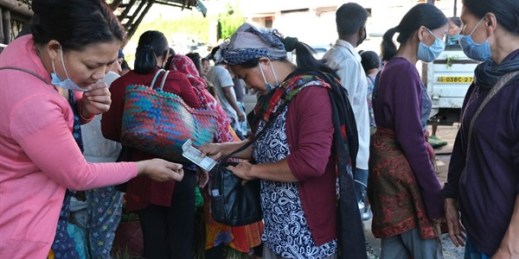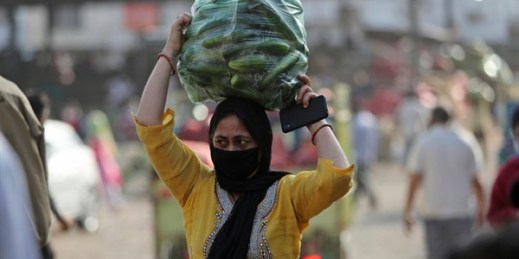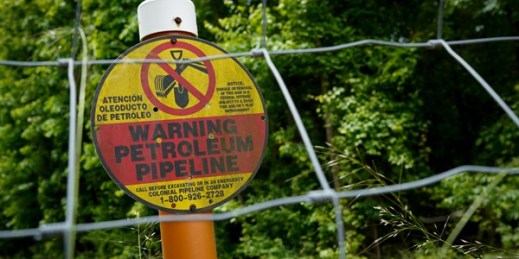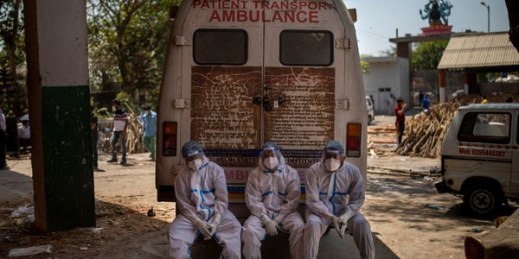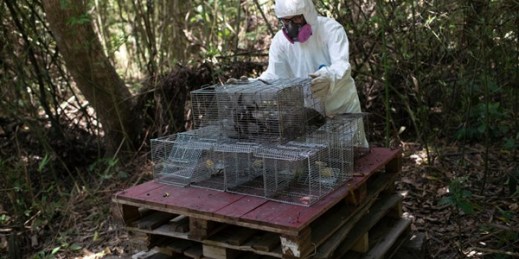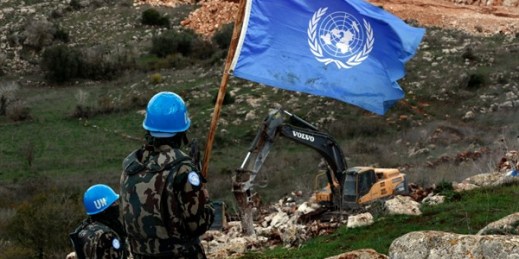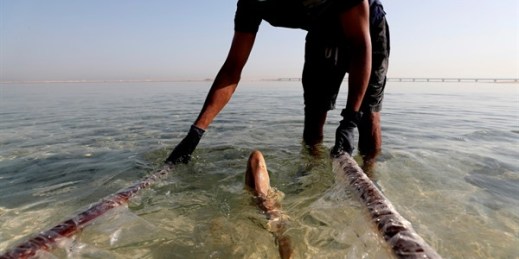
In the wake of the latest round of fighting between Israel and Hamas, Israel remains in the spotlight for the civilian casualties and widescale destruction of civilian areas caused by its attacks on Gaza. Like most democracies whose air wars kill large numbers of civilians, Israel claims the moral high ground. Though acknowledging that the harm caused to civilians was regrettable, Israel argues that its armed forces took all feasible precautions to avoid it, while taking care to aim their strikes at Hamas military targets. By contrast, according to Israel, Hamas was targeting Israeli civilians directly and intentionally. But this […]

